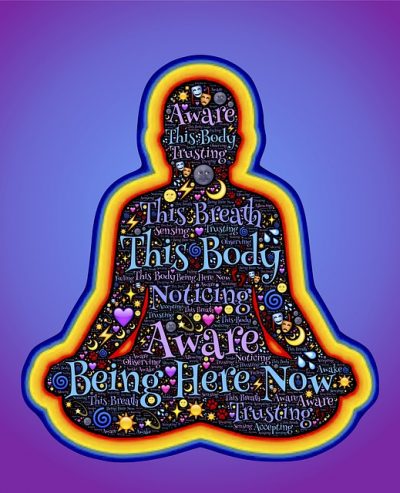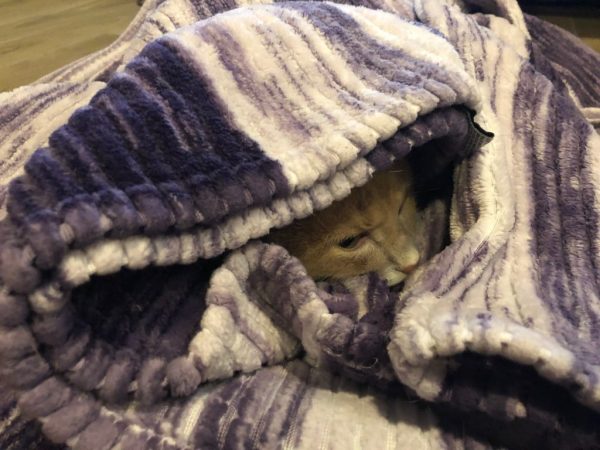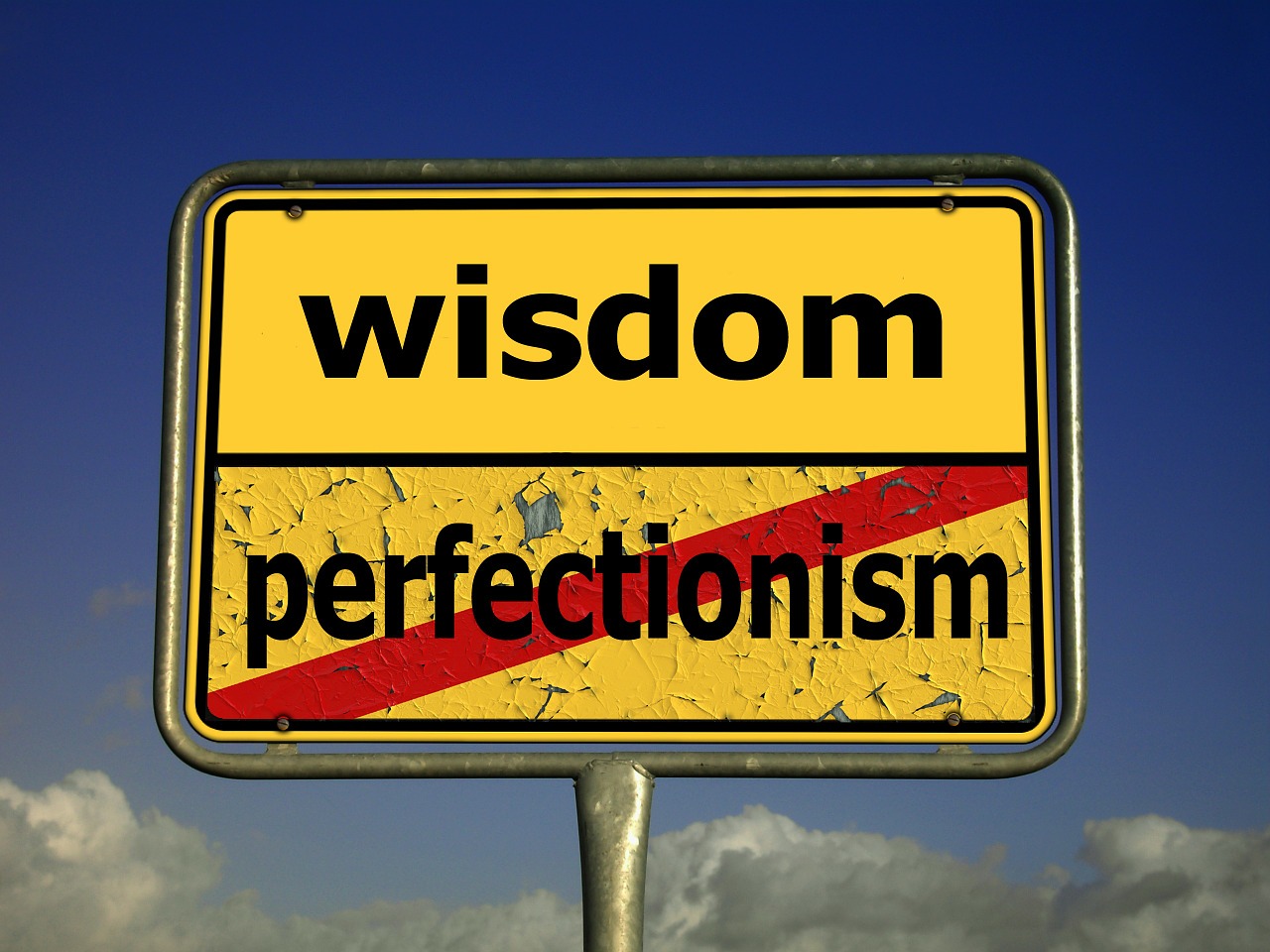
Life in the time of coronavirus. We are living through a remarkably stressful time, with global scope and interventions unlike any health crisis we have ever seen. With so many rapid changes occurring related to the COVID-19 pandemic, many people are understandably feeling anxious and stressed. On top of all of that, many of our healthy coping skills have been stripped away by the need for social distancing: gyms, yoga studios, restaurants, and salons are all closed, most workplaces are shuttered, and we cannot gather with friends and family. Life as we knew it just a few short weeks ago has changed dramatically.
I’m writing this blog to offer a few tips for coping with coronavirus stress and anxiety. You likely know much of this advice but during times of crisis, it often helps to be reminded gently of basic steps to take care of ourselves.
Dose the news and social media

Please. I cannot emphasize this point enough. In times of crisis, it can be tempting to stay glued to the news for most of the day. Many of us do this because it gives us a sense of control in situations where we feel helpless: “If I stayed dialed into the news at all times, I’ll get more information to better protect myself and my family.” Unfortunately, it doesn’t really work this way. Instead of reducing stress, scrolling through endless news and social media feeds can actually increase stress and overwhelm. What’s more, constantly consuming the news can leave us more vulnerable to factual misrepresentations and even full-on fake news. We start to lose perspective and the ability to engage in critical thinking.
So, check the news once or twice a day to stay on top of important developments, recommendations, and announcements related to the coronavirus crisis. When you do check the news, rely on proven, trustworthy news sources. You may wish to fact-check these sources, as well, to make sure what they are reporting is consistent with other news reports. If your neighbor three streets away posts on NextDoor that new research suggests that COVID-19 can be spread through contact with salamanders, please make sure to check this out with reputable news sources before you panic and spread the panic by sharing that “fact” with others.
Breathe!
Stress and anxiety tend to make us breathe more shallowly. During prolonged episodes of stress, this can lead to chronic activation of our internal stress response, which can translate into a diminished immune response, anxiety, depression, and other serious health problems. So, we need to breathe better! One of the quickest ways to soothe a jangly nervous system is to regulate our breathing for a few minutes. Set a timer to take several “breath breaks” during your day to do simple diaphragmatic breathing, finding a slow, easy rhythm for your breath. You can also try different kinds of mindful breath practices. I’m a big fan of mindful breath practices. Here are a few I’ve presented on my blog:
Exercise
Exercise is a first-line, research-proven way to buffer the effects of stress but with gyms, yoga studios, and other workout facilities shuttered during this crisis, we have to get really creative on the exercise front. Although we are on “shelter in place” orders where I live in Dallas county, Texas, we are still allowed to get outside for exercise as long as we maintain the recommended six-foot distance from each other. If you are able to get outside, I strongly encourage you to do this for yourself. Here’s a blog I wrote a few years back on the benefits of walking outside, and another on how to motivate yourself to exercise:
Why Am I Not Exercising When I KNOW It’s Good For Me?
Some of you may live in areas where it is hard to get outside for exercise. During this crisis, many online yoga and exercise services are offering free access to their classes so please check into these options.
Be Mindful and Meditate

Mindfulness meditation is a research-proven skill that helps boost stress resilience. I’ve written and spoken about this a lot so feel free to check out my website for more on the benefits of mindfulness and meditation.
Don’t Lose Your Mind, TEDxPlano 2017 talk
I have just recorded and posted a new guided meditation on my website here: Tonglen Meditation for Coronavirus Stress. You may also want to try the Meditation for Difficult Emotions or any of the other meditations on my website. There are several great apps for meditation, with the most popular being Headspace, Calm, and Insight Timer.
Stay Connected
Practice social distancing. Avoid non-essential travel. Work from home. Shelter in place. We are being told to minimize contact with others at every level. *sigh* Human beings are social animals by nature so this is really hard for many of us. Socializing helps us maintain healthy perspective, keeps us mentally sharp, and is another great tool in the stress resilience toolkit. Be creative in maintaining social contact with others during this time of reduced in-person contact. More introverted people may feel fine having a couple of uninterrupted days of solitude, whereas more outgoing folks may find this unbearable. Find ways of staying connected that work for you and your personality. Connection bonus: most of us therapist-types are still available through virtual sessions so please keep your therapy appointments! Your therapist needs to stay connected, too 😉
Make Your Bed

This may sound like strange advice, and, no, I’m not channeling your parents. In times of crisis, life can feel out of control. This is especially true in the age of COVID-19, when our lives in this country have changed dramatically in less than two weeks time. These rapid changes have left us struggling to stay connected with any sense of normality, with many of our day-to-day routines and coping mechanisms being stripped away.
We need to be creative in finding other effective coping mechanisms during this crisis. So, look for small ways to feel some modicum of control in your life. Make your bed! It’s a relatively simple thing to do and creates a tiny little corner of order in the midst of all the other chaos swirling around you. If making your bed is not your thing, pick some other small, orderly task, like clearing your sink, and try to do it every day.
Find Humor Where You Can
The COVID-19 crisis is not funny. Period. But some of life happening around the crisis is just absurd enough to tickle the funny bone. Stay open to noticing things that delight you, make you giggle, or melt your heartstrings in spite of COVID-19. As you look for silliness, please be sensitive to others and avoid being cruel or judgmental. There’s already too much of that in the world and it can make a bad situation much worse. So, less judgment of others and more attention to noticing how happy dogs are that their families are home ALL THE TIME! Seriously, I have never seen so many happy dogs out for walks in my neighborhood.

How am I finding humor in my life? Last week, as I was prepping to move my office into my house, I decided to take my “Underwater Dogs” calendar home with me. As I’m writing this blog and conducting video sessions with my patients, here’s the view just off to the side of my computer monitor. It cracks me up and reminds that there is always silliness in the world.
Many regular readers of my blog know that my cat, Baxter, is my morning meditation buddy. Here’s how he meditated with me a couple of weeks ago, just as we were beginning to understand how serious the crisis was. His reaction was spot-on.

A few days later, we ordered Indian food from a favorite local restaurant. Lost in a swirl of stress about the unfolding global crisis, I absentmindedly left a bag of papadam (Indian flatbread) on the kitchen table. Baxter took full advantage of the situation and decided he really liked papadam!
Play With Your Thoughts: Cognitive Defusion

With a rapidly changing situation and news coming at us 24/7, it can be easy to get lost in catastrophic thoughts about the coronavirus crisis. Cognitive defusion is the ability to constructively observe and play with our own thoughts. When we learn to respectfully play with our own catastrophic worries, we don’t have to fuse with these thoughts as if they are rock-solid truths. This gives us the chance to respond differently.
One of the easiest ways to play with your own thoughts is to exaggerate them in silly ways. Here are some ways to practice cognitive defusion skills for catastrophic coronavirus thoughts:
- Sing about it. Pick a catchy tune you already know and just belt it out with lyrics about your anxieties. You can even add some jazz hands and other dance moves to really emphasize your point as you channel your inner Elton John or Beyonce. There is a 1979 song by The Knack that works really well for the coronavirus crisis. It’s called “My Sharona” so you can easily change the lyric to “My Corona” and go from there. Here’s the link for the song on YouTube.
- Make all of your catastrophic thoughts into a movie and really exaggerate them. Think post-apocalyptic action movie, or even an old silent film with over-acted scenes and dramatic music.
- Embody your coronavirus anxiety. Give it a size, shape, color, texture, and even a voice. Imagine letting this embodied emotion sit with you, and maybe offer it a cup of tea and a blanket. You anxiety is working overtime so show the embodied version a little TLC.
- Imagine this crisis as a book. Author Gabriel García Márquez wrote a book entitled, Love in the Time of Cholera. What would the plot be for Love in the Time of Coronavirus?
Check out my earlier blog posts on cognitive defusion:
Thank Your Brain Because It’s Only Trying to Help
Experiencing Unpleasant Emotions? Invite Them In For Tea
Perspective
Most importantly, remember perspective. This crisis will come to an end. We don’t know when or what it will look like when it does, but we will move into a calmer space at some point. Remember also that we are all in this together. Be compassionate with yourself (here’s my blog on how to do that), be kind to others, and take good care of yourself to boost your stress resilience.
Be well,
Dr. Jen



